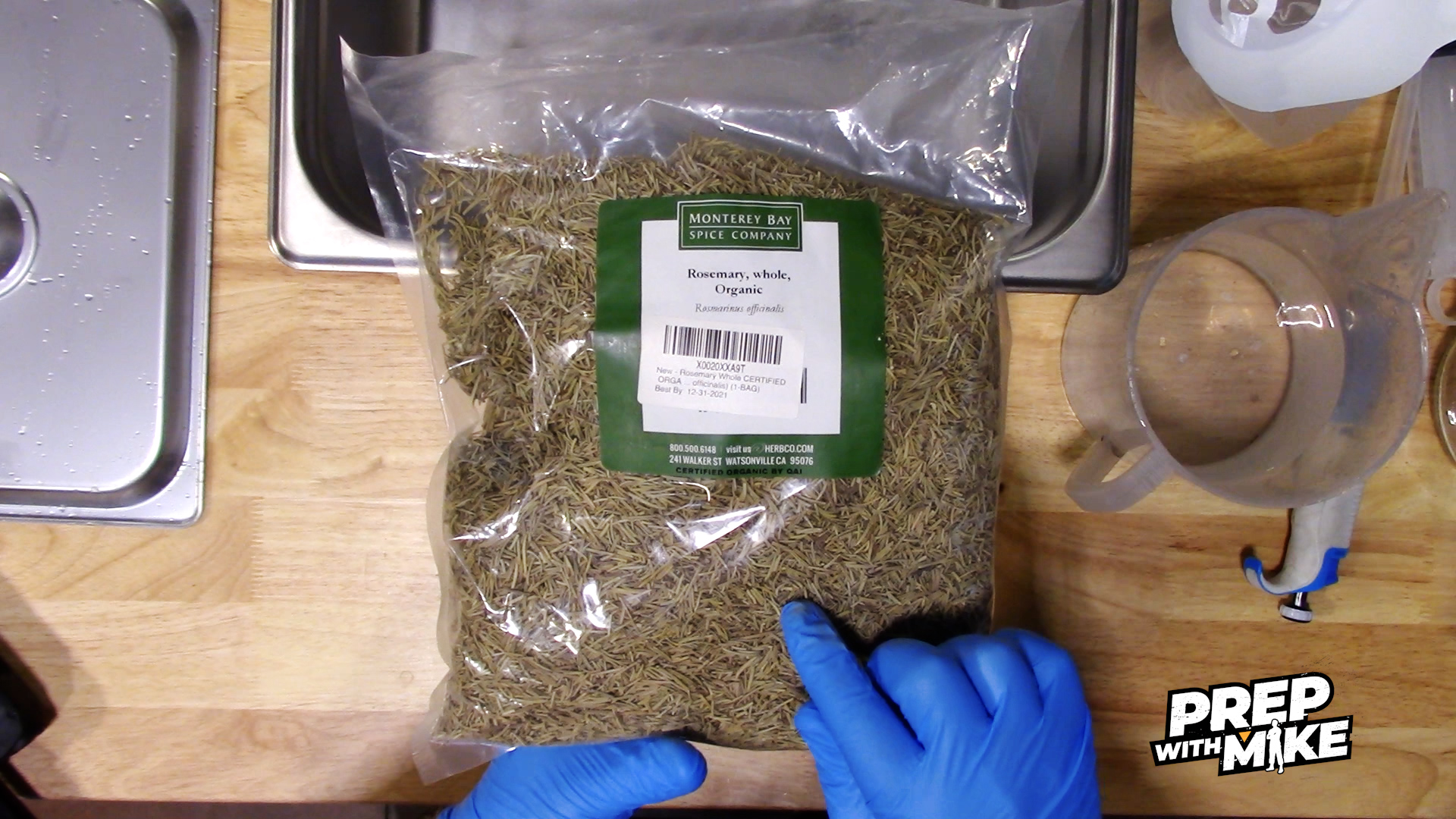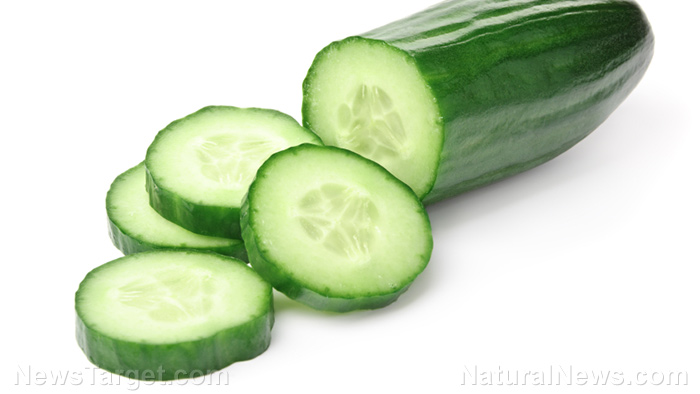Extract from nettleleaf velvetberry found to inhibit diarrhea and aspirin-induced gastric ulcers
09/24/2020 / By Evangelyn Rodriguez

Stachytarpheta urticifolia, also known as nettleleaf velvetberry or rattail, is a semi-woody, perennial herb that belongs to the verbena (Verbenaceae) family. It is distributed mainly in certain regions of Asia and Africa. Known for its attractive blue flowers, the nettleleaf velvetberry has been grown in gardens for over 200 years.
According to studies, nettleleaf velvetberry has allelopathic properties, meaning it produces chemicals that affect the growth, survival and reproduction of other organisms. These properties are what allows the plant to compete with other plant species and even be branded as an invasive weed. But some of the allelopathic chemicals it produces also have biological activities that contribute to nettleleaf velvetberry’s medicinal applications.
In a recent study, researchers at GITAM deemed to be University in India investigated the therapeutic effects of nettleleaf velvetberry. Specifically, they looked into its antidiarrheal and anti-ulcer activities. Research suggests that in the Eastern Ghats in India, nettleleaf velvetberry is traditionally used as a remedy for various ailments, including ulcers and diarrhea.
The researchers reported their findings in an article published in the International Journal of Green Pharmacy.
Nettleleaf velvetberry: a natural medicine for stomach-related issues
Every year, millions of people die in third world countries and non-industrial countries due to diarrhea and peptic ulcers. Diarrhea is a common symptom of serious digestive disorders and is marked by loose stools that occur three or more times in one day.
Peptic ulcer, on the other hand, refers to an open sore that develops along the lining of the stomach. It can be caused by infection by the bacterium Helicobacter pylori or the long-term use of medications, such as aspirin or nonsteroidal anti-inflammatory drugs (NSAIDs).
For their experiment, the researchers obtained nettleleaf velvetberry extracts and used them to treat two groups of rats, one with castor oil-induced diarrhea and the other with aspirin-induced gastric ulcer.
Based on acute toxicity test results, the researchers reported that treatment with up to 2,000 mg/kg nettleleaf velvetberry extract does not cause toxicity. They also reported that the methanolic leaf extract of nettleleaf velvetberry showed significant antidiarrheal activity, reducing the frequency of defecation of rats as well as the weight of their feces.
Meanwhile, in rats with aspirin-induced gastric ulcers, they found that nettleleaf velvetberry treatment reduced gastrointestinal lesions. Compared with controls, extensive lesions in rats with ulcers were restricted to glandular portions of their stomachs. Oral administration of 100 and 200 mg/kg nettleleaf velvetberry extract lowered the ulcer index of the animals.
Based on these findings, the researchers concluded that nettleleaf velvetberry contains active components that can relieve diarrhea and reduce gastric ulcers effectively in experimental rats.
Natural remedies for diarrhea and ulcer
Diarrhea can be caused by several things, such as a viral or bacterial infection, food poisoning, harsh medications (e.g., antibiotics) or consumption of contaminated foods or water. But there are natural ways to treat diarrhea. Here are some effective remedies to manage acute, or short-term diarrhea: (h/t to Healthline.com)
- Drink plenty of water and electrolyte-rich drinks.
- Eat probiotic foods or take probiotic supplements.
- Eat low-fiber “BRAT” foods (i.e., bananas, white rice, applesauce and toast) that can help firm up your stools.
- Avoid alcohol, sugar-laden foods and high-fiber foods like fruits and vegetables, which can increase bloating.
Stomach ulcers are a type of peptic ulcer that has to do with stomach acidity. Due to the damage stomach acids can do to the stomach lining, ulcers can be extremely painful. Here are natural remedies that can help manage stomach ulcers. (h/t to Healthline.com)
- Eat flavonoid-rich foods, such as legumes, soybeans, berries and tea.
- Take deglycyrrhizinated licorice, or plain licorice with the sweet flavor extracted.
- Eat fermented foods like yogurt, miso, kimchi and kefir or take probiotic supplements.
- Replace your regular sweetener with raw honey, a natural antibacterial.
- Eat garlic or take garlic extract to inhibit the growth of H. pylori.
- Drink cranberry juice, snack on cranberries, or take cranberry supplements.
- Switch to a diet rich in fruits, vegetables and whole grains, all of which are excellent sources of antioxidant polyphenols. Antioxidant polyphenols can help ulcers heal.
Diarrhea and peptic ulcers can affect your ability to perform your daily activities. Conventional medications, on the other hand, can cause serious side effects, which may aggravate your symptoms. To manage diarrhea and ulcers without unwanted side effects, try the natural remedies listed above. Consult a natural health practitioner before taking any supplements and get proper dosage instructions.
Sources include:
Tagged Under: alternative medicine, diarrhea, digestion, gastrointestinal lesions, gut health, herbal medicine, Herbs, natural cures, natural medicine, nettleleaf velvetberry, peptic ulcers, plant medicine, remedies, research




















